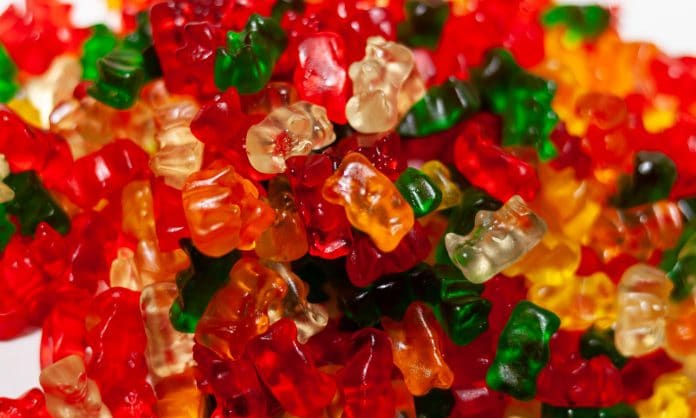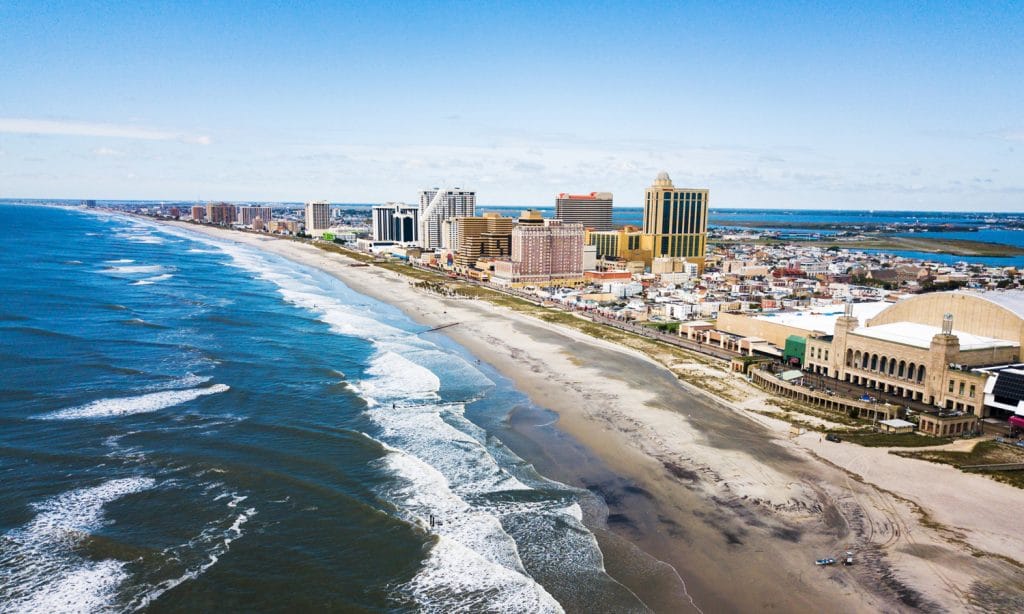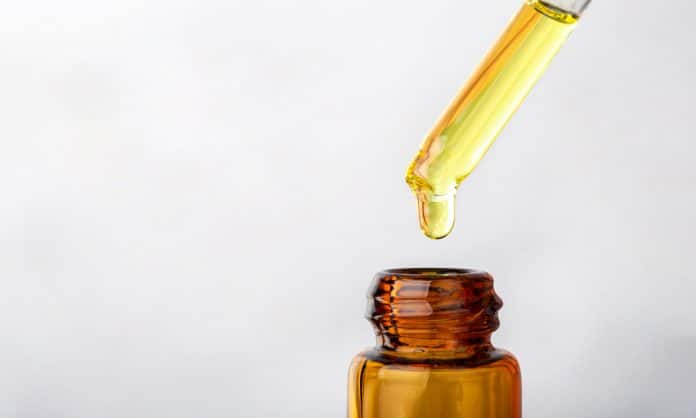Like everything else touched by COVID-19, unexpected trends and shifts have occurred in the cannabis industry. One such shift is towards consumers seeking value products, which are rising in popularity due to a reduction in work and income across many different industries as the COVID-19 crisis wears on. In particular, low price/high THC combinations seem to be the magic bullet for anyone shopping for cannabis on a budget.
Canndescent, a brand that initially entered the market with a luxury-focus, recently launched the company’s third brand, Baker’s Cannabis Co. The brand offers lower-cost but still decent quality products, like $6 one-gram pre-rolled joints and $55 half-gram pre-ground pouches, which come equipped with rolling papers and crutches.
Old Pal
The style echoes one of the original legal value cannabis brands, Old Pal, which began selling its pre-ground cannabis flower in similar packaging and has gained popularity for its surprisingly high-quality product despite being priced comparatively lower than others in the space.
“Quality weed at fair prices has always been in high demand,” says Rusty Wilenkin, CEO of Old Pal, noting that this isn’t exactly a specific-to-COVID trend. “Value at Old Pal means more than just perceived value of low cost, to us value is the best quality at fair prices. During COVID, we’ve seen steady demand from consumers for our products. The industry overall has felt disruption with changing and varying regulations for retail shopping state to state. And while this is not unique to the cannabis industry, with the industry being as young as it is, these changes have been even more demanding.”
Canndescent
“Consumers aren’t visiting dispensaries as often as before,” explains Canndescent’s CMO Sam Arellano regarding a specific buying trend that can be directly attributed to COVID. “When they do, they’re opting for cannabis in larger weight/sizes with strong value equations to carry them between visits. We’re experiencing this increase in demand with Baker’s Cannabis Co. Despite COVID-19, demand has been consistently strong and steadily growing as consumers come to trust Baker’s quality, price, and availability.”




